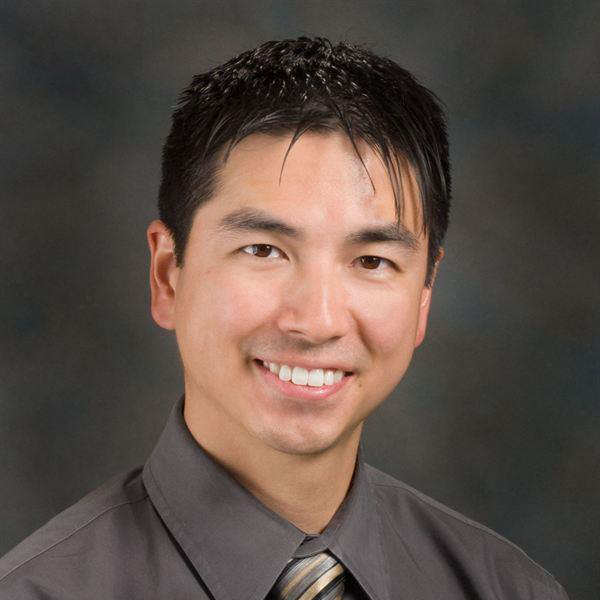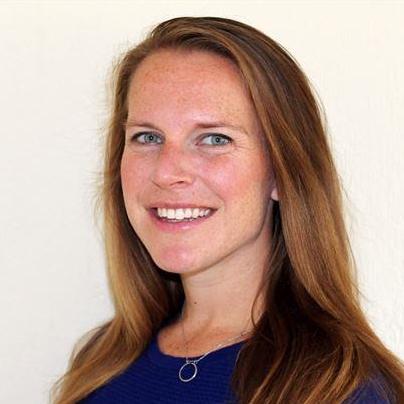Clinical trials are an important part of cancer care, giving people with cancer potentially life-saving early access to new medications and treatments and making sure those medications and treatments are safe and efficacious before approving them for widespread use.
But until recently, little thought was given to how to make clinical trials equitable so that everyone has access to them. It’s an area in which the University of Colorado Cancer Center is investing time, money, and energy, says Jessica McDermott, MD, deputy associate director for diversity and inclusion in clinical research.
“Not too long ago, there wasn’t a lot of thought put into, ‘How can we make this trial more inclusive? How can we make it more feasible for patients to enroll in?’” she says. “We want to make sure we’re not harming anyone, but sometimes if you put too many strict guidelines on who can be involved, that ends up excluding a lot of people.”
One example of that, McDermott says, is a blood pressure threshold for clinical trials that excludes people with hypertension — a category that often includes rural patients and those from adverse socioeconomic conditions.
“You’re automatically excluding this whole group of people from the trial, even though the drug you’re studying doesn’t affect blood pressure at all,” she says. “It was a completely unnecessary exclusion criterion.”
Eliminating barriers to clinical trials
CU Cancer Center researchers are paying attention to exclusion concerns and similar issues as they design new clinical trials, looking to eliminate transportation barriers, for example, by finding ways to get blood draws and vital signs taken at home. They also are providing patients with more education about what clinical trials are and how they can get involved.
|
Learn about how the CU Cancer Center is helping in each of the eight goals of the National Cancer Institute’s National Cancer Plan aimed at changing how we know cancer today. |
“We’ve done a lot of outreach with Denver Health, because that is where a lot of the diverse referrals that we get are coming from,” McDermott says. “We are trying to connect with providers there and give them an updated info sheet on the trials we have going on so they can help identify patients who might be eligible. We’re not always good at that. Providers might say, ‘I don’t know that this patient is really eligible because of this socioeconomic issue, or because they work.’ We don’t give them the chance to decide for themselves if they want to participate or not. It’s not necessarily intentional, but it’s something that happens.”
Enrolling a patient in a clinical trial is the first step, McDermott says — researchers also have to work to keep patients involved in the trial once it starts.
“That takes things like helping with transportation, or sometimes housing, or the logistics of missing work and things like that,” she says. “Our social workers work to get them access to different kinds of charity care to be able to do that.”
The Cancer Clinical Trials Office at the CU Cancer Center has built a team of nurse navigators who work with trial participants, including a Spanish-speaking navigator who helps Spanish-speaking patients get enrolled.
“We’ve tried to make it as easy as possible for someone who wants to be in a clinical trial actually get into the center and get to the right place,” she says.
Contributing to a national goal
Increasing access to clinical trials is part of a nationwide effort among cancer centers to give all people fair and equal opportunities to participate in cancer research. Engaging every person in cancer research is one of eight goals in the National Cancer Institute’s National Cancer Plan. Recently unveiled, the plan outlines goals designed to support the aims of President Joe Biden’s Cancer Moonshot initiative, which proposes to reduce cancer deaths in the U.S. by 50% over the next 25 years.
The NCI’s strategies to engage every person include:
- Enabling every patient to contribute their health data and samples in ways that protect their privacy and honor their wishes for how their data are used.
- Developing and streamlining methods to increase access to all types of clinical and observational studies.
- Facilitating rapid referral, access, enrollment, accrual, and retention of diverse populations in clinical trials.
- Incorporating clinical research participation into routine clinical care without increasing the burden on doctors or patients.
- Ensuring that opportunities to participate in and benefit from research are widely available to all groups.
- Applying ways to meaningfully return research results to study participants.
All are priorities at the CU Cancer Center, McDermott says, which, like many cancer centers across the country, has a new focus on equity and inclusion after the COVID-19 pandemic that exposed health inequities.
“Pre-COVID, I don’t know that this was on many people’s minds when they were designing trials, figuring out where to open them, and deciding who they are including or how they are including people,” she says. “Now it’s becoming a priority nationally, as well as within the University of Colorado Cancer Center.”
Equal access in advanced care
Chris Lieu, MD, associate director of clinical research at the CU Cancer Center, says that focus on equity should extend beyond clinical trials and into cutting-edge treatments that while approved by the FDA, are still extremely expensive to receive.
“When we talk about high-care situations, like injecting genetically engineered T cells into the body, which has to be done inside the hospital, we’re also talking about a lot of resources,” he says. “We have to be careful and keep in mind that these treatments belong to everybody, and everybody should have access to them. We know there are systemic barriers in place that can really limit access to care.”
Those barriers include insurance, hospital systems, and legislation, he says, as well as historical mistrust of the medical establishment from traditionally underserved communities.
“We need to ensure equal access and broad applicability,” he says. “And we have to make sure that the system is set up to treat everybody, not just a handful of people who have the means to apply or have the resources to get it.”
Keeping data safe and high quality
Lieu is encouraged to see the NCI’s focus on using data to advance cancer care, but he also understands patients’ concerns about how their health data is used.
“We can make sure that data is safe, we can make sure that data is deidentified, but we also want to make sure that the data is high quality,” he says. “We want that data to guide treatment for the future so that the generations ahead of us will get better care.
“We want people to be enthusiastic about providing this data so that we can fight cancer better in the future, but we have a responsibility to protect it,” he says. “The more we can all speak the same language and have access to high-quality data, the more we’re going to be able to help people.”





